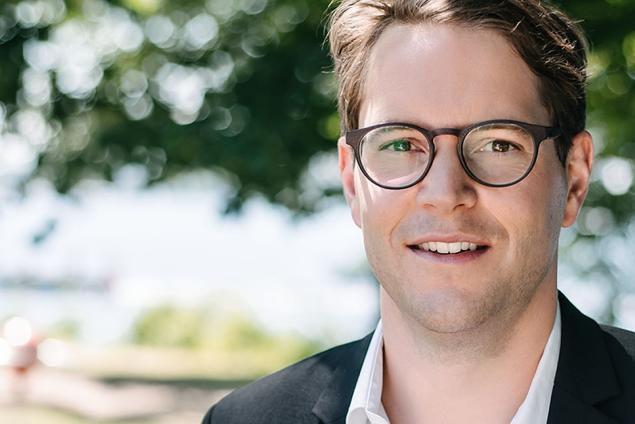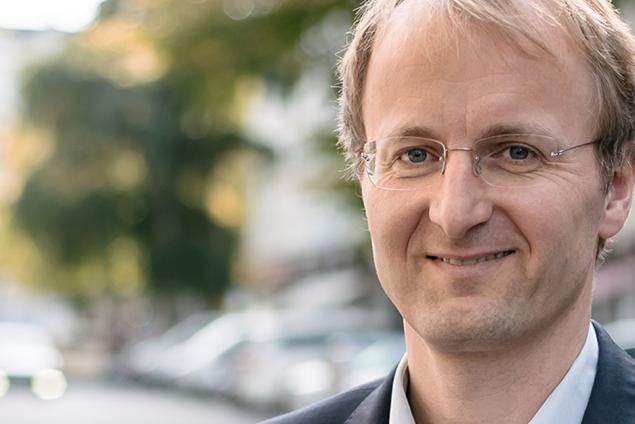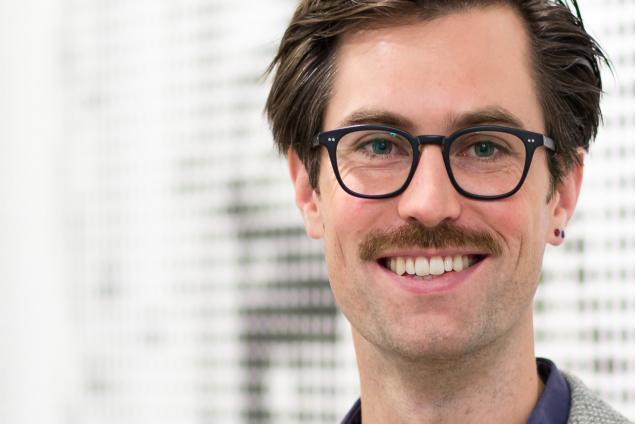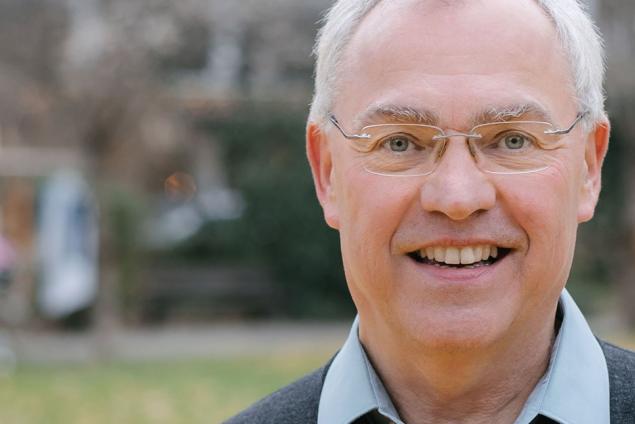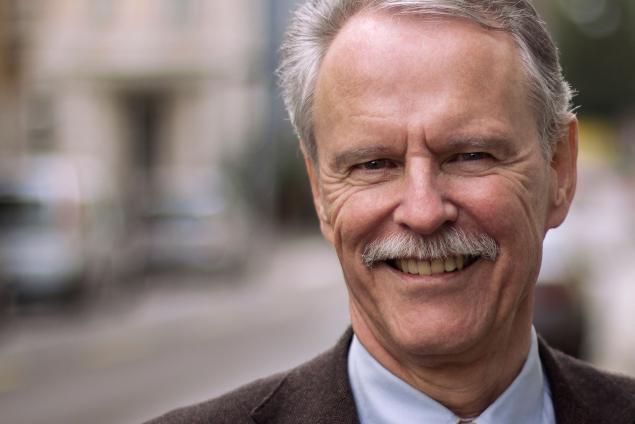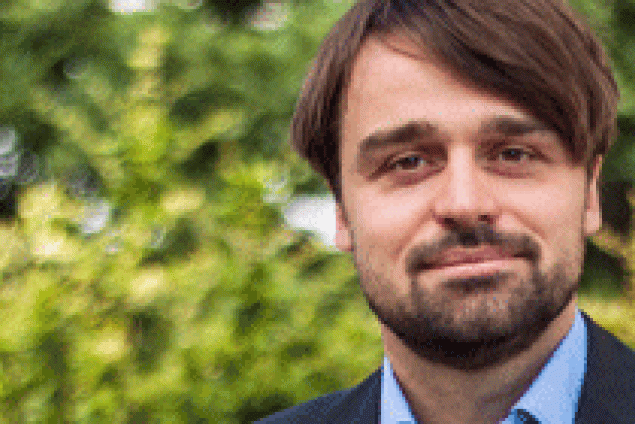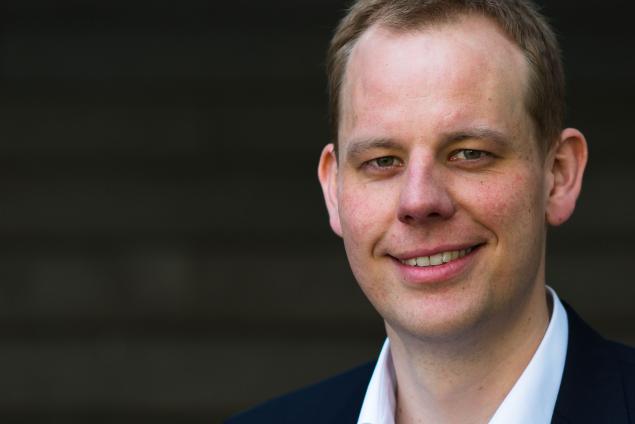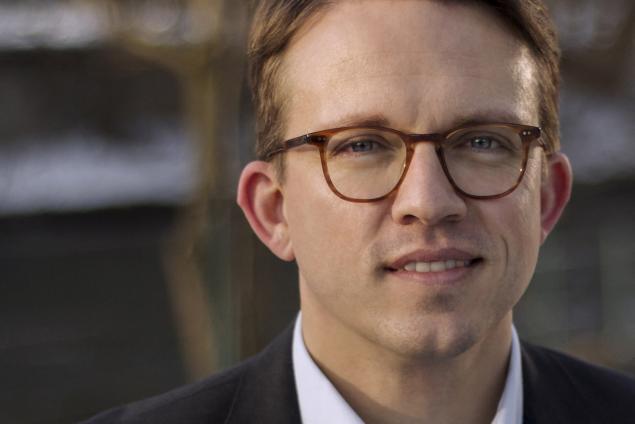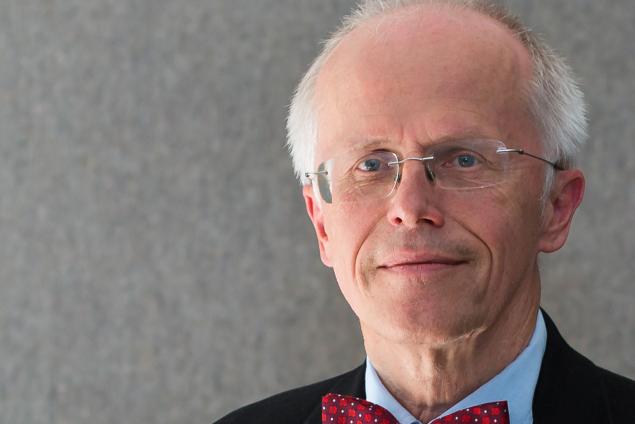Scroll to Section:
Decision-making in a complex world is a challenge. Some people are better at it than others. Why is this so? JOACHIM FUNKE focuses his research on identifying those character traits that can be trained or changed and that help people to improve their decision-making behavior. For this, Funke and his team need to identify the personality traits of their study participants and they use simulated situations to analyze their decision-making behavior. In this way, they find the conditions for success and failure. One of the results is that intelligence alone is not sufficient; participants also need emotional regulation strategies to deal with complex situations. The researchers also observed that two conditions tend to lead to failure: too narrow a focus and neglecting to follow up your decisions. These findings suggest ways to train people’s abilities to face the complex decision-making challenges of the twenty-first century.
DOI:
https://doi.org/10.21036/LTPUB10567
Institution

Heidelberg University (Ruprecht-Karls-Universität Heidelberg)
"Heidelberg University, founded in 1386, is Germany’s oldest university and one of the strongest research universities in all of Europe. The successes in both rounds of the Excellence Initiative and in internationally recognised rankings prove that Heidelberg’s excellent reputation and leading role in the scientific community are well deserved. In terms of educating students and promoting promising early-career academics, Heidelberg relies on research-based teaching and an outstanding, well-structured training for doctoral candidates. Heidelberg University is a comprehensive university, offering the full spectrum of disciplines in the humanities, law and the social sciences alongside the natural and life sciences, including medicine. As a comprehensive university, Heidelberg aims to continue to strengthen the individual disciplines and to further interdisciplinary cooperation, as well as to carry research results over into society and industry. With its aspiration of connecting traditional values with future-oriented scientific concepts in research and teaching, the university is building bridges to the future – Zukunft. Seit 1386." ( Source )
Show more
Original publication
Complex Problem Solving: What It Is and What It Is Not
Frontiers in Psychology
Published in 2017
Complex Problem Solving
Encyclopedia of the Sciences of Learning
Published in 2012
Reading recommendations
The Nature of Problem Solving: Using Research to Inspire 21st Century Learning.
Published in 2017The Logic of Failure. Recognizing and Avoiding Error in Complex Situations
Published in 1996Complex Problem Solving: The European Perspective
Published in 1995Competencies for Complexity: Problem Solving in the Twenty-First Century
Assessment and Teaching of 21st Century Skills: Research and Applications
Published in 2018
Beyond
A Ground-breaking Scientific Revolution
An Alarming Challenge for Society
If I Had a Second Life
A Personal Reading Recommendation
